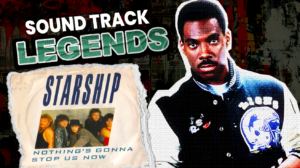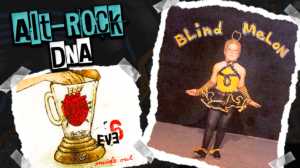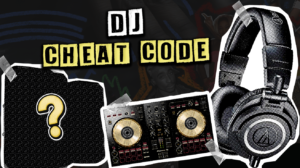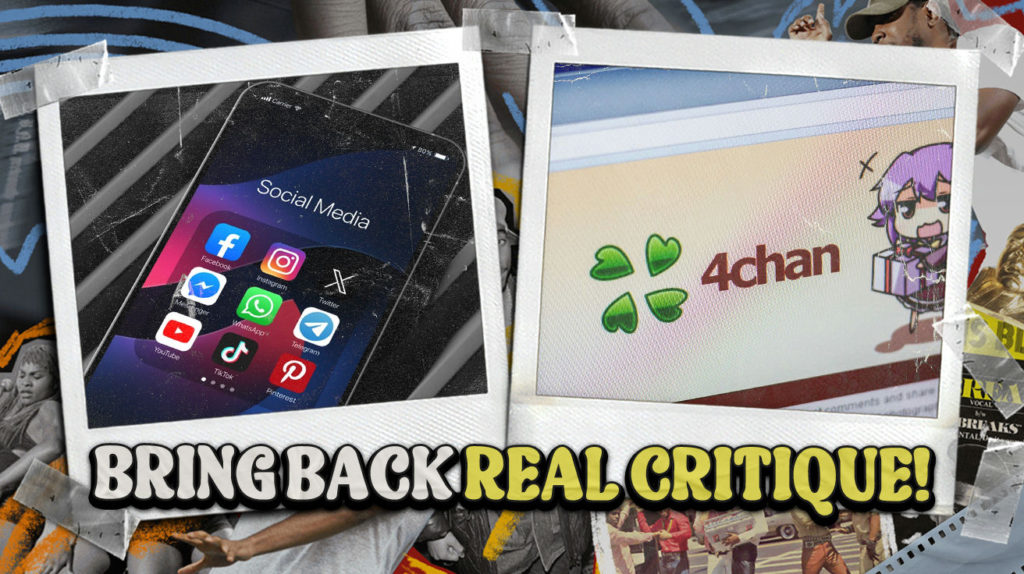
Remember when discovering music felt like archaeology? You’d dig through message boards at 2 AM, following breadcrumbs from strangers who actually knew what they were talking about. Those days are gone, replaced by algorithms that think they know your taste better than you do. The internet promised to democratize music discovery—and it delivered, just not in the way anyone expected. What we gained in convenience, we lost in depth.
7. Spotify’s Algorithm Prison and Fake Artist Scandal
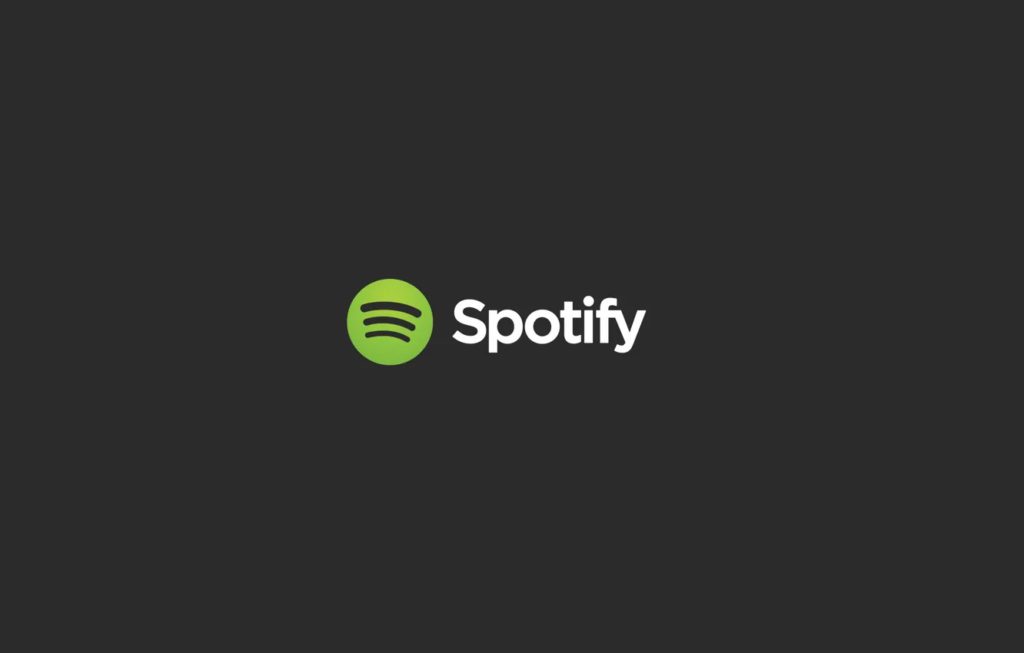
Spotify promised infinite discovery but delivered sophisticated monotony. The platform’s recommendation engine has become eerily good at predicting what you’ll tolerate, but terrible at surprising you with what you might love. Worse, recent investigations revealed Spotify’s “Perfect Fit Content” program, which floods playlists with cheaply produced tracks by fabricated artists to reduce royalty payments to real musicians.
Users discovered that Spotify Wrapped 2024 contained wildly inaccurate listening statistics, with artists they’d never heard appearing in their top lists. The platform that once promised authentic discovery now operates like a sophisticated content farm prioritizing profit over artistry.
6. The Meme-ification of Music Culture
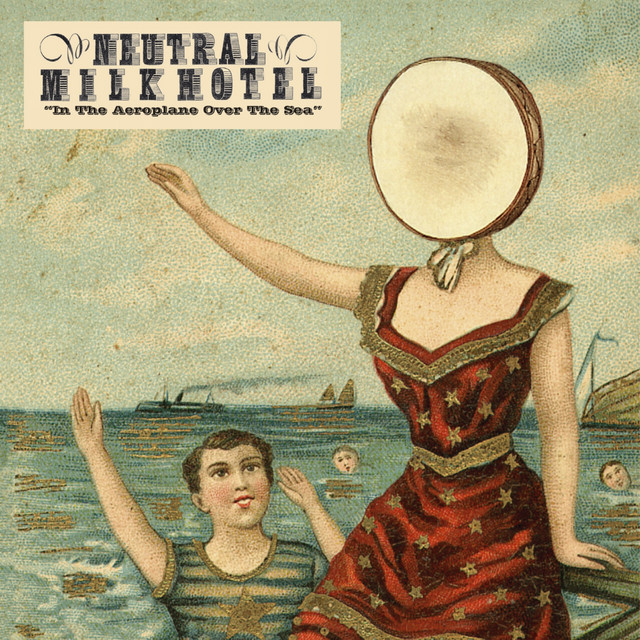
Album covers became memes faster than they became classics. Online music culture developed its own language of inside jokes and viral criticism that could be brilliant or reductive. Certain albums became internet shorthand—mention “In the Aeroplane Over the Sea” and watch the knowing looks.
This created a new kind of gatekeeping based on meme literacy rather than musical knowledge. While it democratized participation in music culture, it also reduced nuanced criticism to recognizable patterns and jokes that prioritized shareability over substance.
5. The Golden Forums: When Music Nerds Ruled the Internet
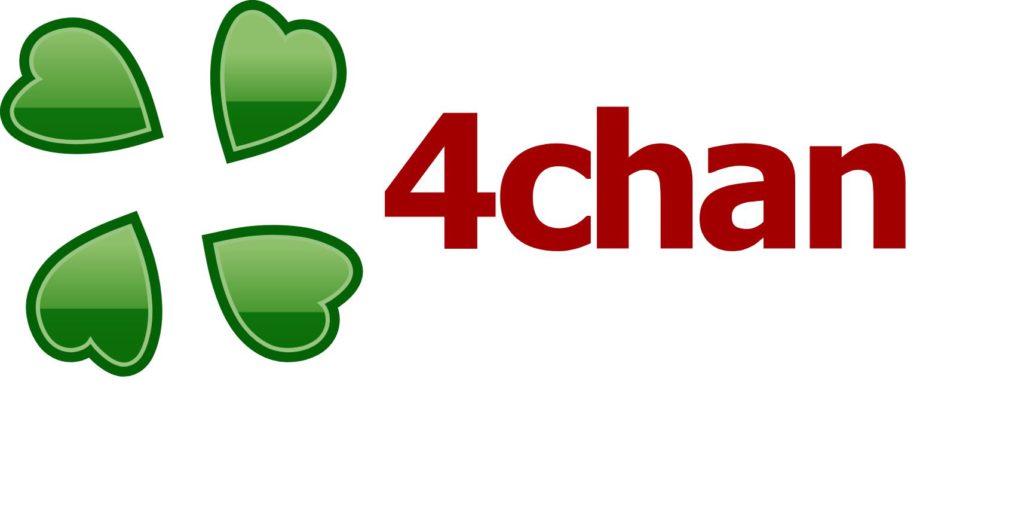
Before TikTok turned 15‑second clips into careers, music forums were where the real conversations happened. These weren’t casual spaces—they were digital record shops run by obsessives who treated every recommendation like a sacred trust.
Forums like 4chan’s /mu/ and specialized Reddit communities created micro‑ecosystems where knowledge mattered more than follower counts. Users spent hours crafting thoughtful breakdowns of why Radiohead‘s production choices worked. The pace was deliberate, like listening to a full album instead of skipping through Spotify previews.
4. Hope in Alternative Spaces
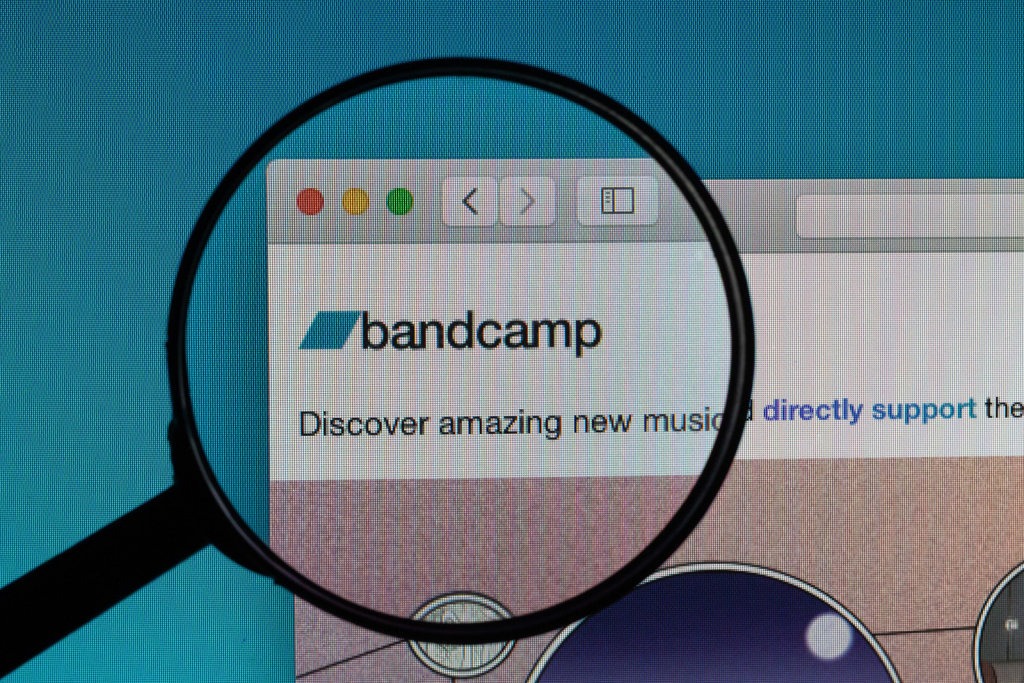
Despite the algorithmic chaos, vibrant music communities still thrive in unexpected corners. Platforms like Bandcamp maintain direct artist‑fan relationships based on support rather than algorithmic manipulation. Discord servers recreate forum intimacy while fostering more inclusive environments.
The future of meaningful music discourse depends on spaces that balance accessibility with depth. Rate Your Music, Stereogum, and similar platforms prove that thoughtful curation and genuine community can coexist with modern technology—they just require conscious effort from both creators and consumers.
3. Social Media’s Hot Take Factory
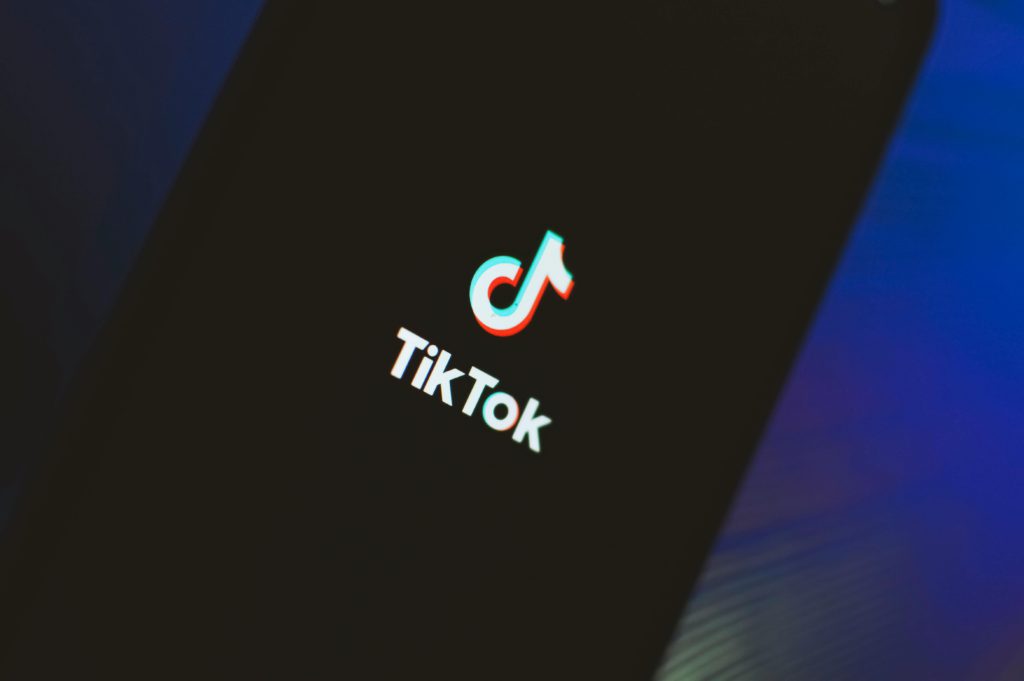
Music discourse moved to Twitter and TikTok, where nuance goes to die. The architecture of these platforms rewards the loudest, most provocative takes rather than thoughtful analysis. TikTok’s “Song of the Summer” list for 2024 included tracks like “Gata Only” by FloyyMenor and Cris Mj, showing how 15‑second clips now dictate what becomes a global hit.
Fan armies mobilize like political campaigns, turning music appreciation into tribal warfare. The discourse feels less like conversation and more like competitive loyalty displays. Algorithms amplify content that generates engagement, which usually means controversy over contemplation.
2. The Dark Side of Digital Gatekeeping

Those golden forums had a shadow problem: they often felt like exclusive clubs with bouncers made of pure musical snobbery. Newcomers faced brutal initiation rituals where expressing enthusiasm for the “wrong” artists could get you laughed out of the conversation.
Gatekeeping created hierarchies where certain genres automatically commanded respect while others faced constant ridicule. Pop music fans learned to apologize for their tastes, while indie rock devotees acted like they’d discovered fire. These communities reinforced existing biases rather than expanding musical horizons.
1. The Death of Music Journalism’s Authority
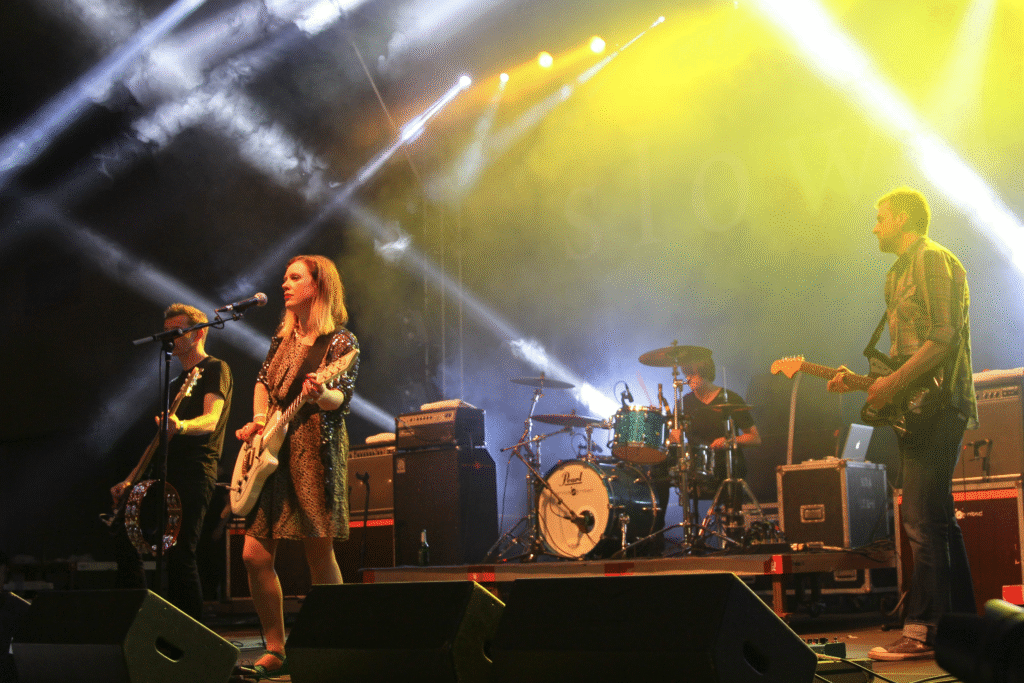
Remember when a Pitchfork review could make or break an artist’s career? Those days feel ancient now. Traditional music publications have watched their influence evaporate while budget cuts destroyed editorial independence.
When a TikTok user with 50,000 followers can generate more buzz than a major publication, you know the power structure has fundamentally shifted. Publications that built their reputations on fearless criticism now navigate complex relationships with the same industry they’re supposed to critique.




